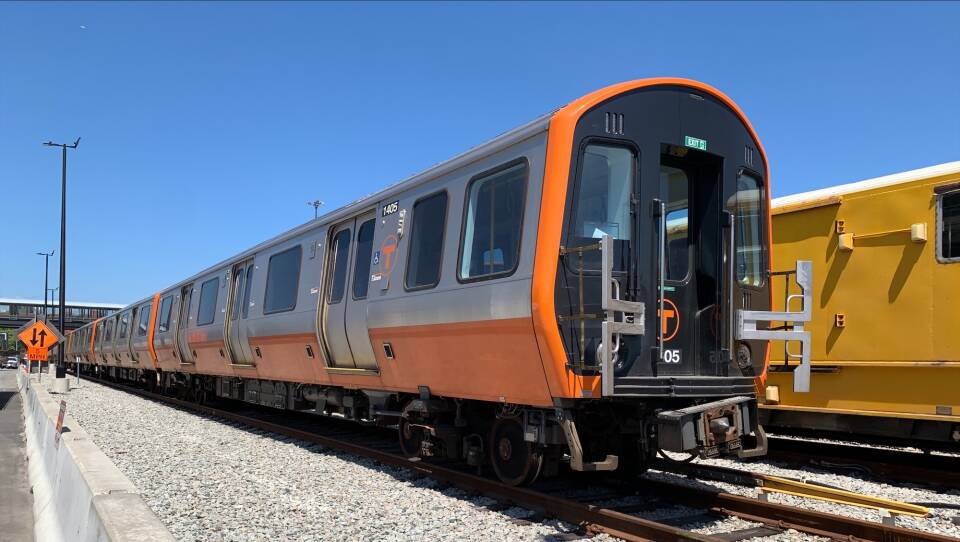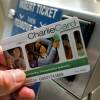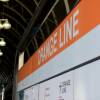The MBTA is having problems hiring new employees, and all the news about the T’s recent mishaps isn’t helping.
“We're getting our asses kicked in the press these days. There isn’t a day that goes by when there isn't an article in multiple media outlets about the MBTA, and it's not positive,” MBTA board member Travis McCready told the agency’s workforce committee Thursday.
Tom Waye, who leads the agency's human resources department, said that negative news is affecting hiring. Job candidates have been asking "very pointed questions" about the positions and the viability of the MBTA overall. He said staff does its best to counter those concerns.
”We are, you know, strongly trying to control that narrative a bit — but we're not deflecting. We're acknowledging what they're hearing," he said. "But, you know, the same message that we have been telling staff [is] that these issues are solvable. We have a plan.”
McCready responded by suggesting a method he uses at his own company, JLL, a real estate firm.
“We have an unsung heroes program where every month we will elevate one or two individuals who are doing really great work below the radar," he explained. "They did something extraordinarily special as a way of just continuing to push this narrative of positivity in the face of adversity.”
McCready said bringing that positivity to the agency would help combat the negative effect of recent news on hiring.
The difficulty of finding employees is not unique to the MBTA, but many of the positions they’re hiring for are crucial. The MBTA hopes to hire more than 2,000 employees in the coming year. That includes 300 new bus drivers and 32 new train dispatchers, two positions that have a direct impact on service and safety.
A shortage of subway dispatchers which forced some to work 16 hour shifts was deemed unacceptable by the Federal Transit Administration which is conducting an investigation into the MBTA’s safety practices. In response to a directive from federal authorities, the T had to reduce service to match the number of dispatchers they have, which meant running a weekend schedule during weekdays. This has brought hardship on many commuters who have had to wait up to 20 minutes or more for trains that should come every 6 or 7 minutes.
But hiring those additional 32 dispatchers has proven to be very challenging. Of 124 applicants, only 26 met minimum requirements and only 10 have been selected for training.








